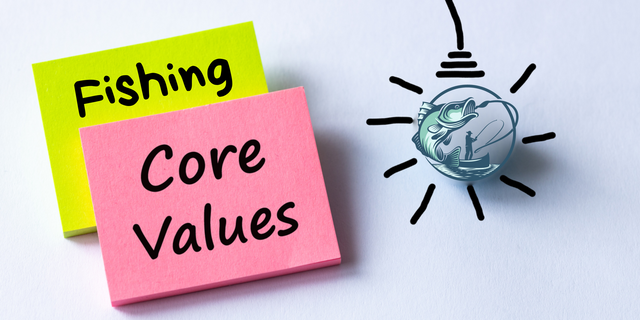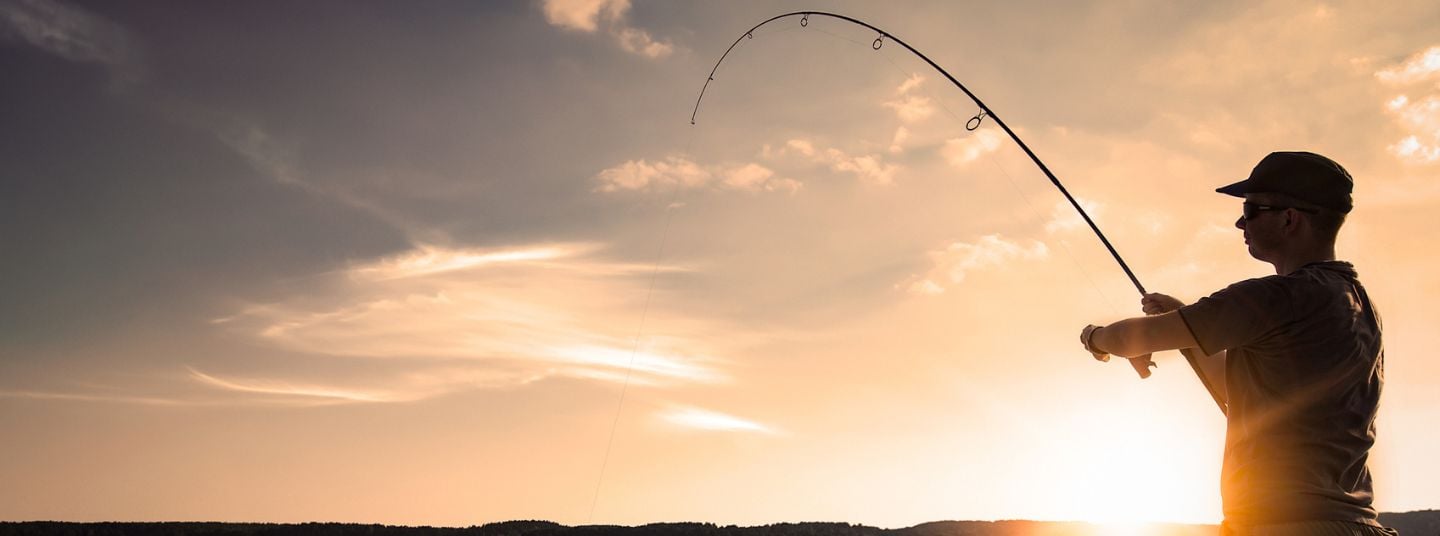Introduction: Fishing is not just a recreational activity; it's a profound connection with nature. As stewards of the environment, it is our responsibility to ensure that our passion for fishing does not compromise the delicate ecosystems that sustain aquatic life. In this article, we delve into the critical importance of environmental conservation in fishing and the imperative to adopt sustainable practices to protect our marine habitats.
-
Preserving Biodiversity: Fishing sustainably means prioritizing the preservation of biodiversity. Overfishing can disrupt the balance of marine ecosystems, leading to the depletion of certain species and negatively impacting the food chain. By adhering to catch limits and respecting seasonal closures, anglers contribute to the conservation of diverse aquatic life.
-
Minimizing Bycatch: Bycatch, the unintentional capture of non-target species, is a significant concern in fishing practices. Adopting selective fishing gear, such as circle hooks and modified nets, helps minimize bycatch, reducing the impact on non-targeted marine life.
-
Responsible Catch and Release: While catch and release can be a valuable conservation tool, it's crucial to practice it responsibly. Use proper handling techniques, minimize the time a fish is out of the water, and avoid fishing in areas where catch and release is prohibited or discouraged.
-
Understanding and Adhering to Regulations: Fisheries regulations exist for a reason - to ensure the sustainability of fish populations. Stay informed about local fishing regulations, including catch limits, size restrictions, and closed seasons. Adhering to these guidelines helps protect vulnerable species and ensures a healthy and thriving aquatic environment.
-
Promoting Ethical Angling: Ethical angling involves respecting not just the fish but also the environment. Avoid littering, dispose of waste properly, and consider participating in or organizing clean-up events to contribute to the health of waterways.
-
Supporting Sustainable Fishing Practices: Choose to support and promote fisheries that adhere to sustainable practices. Look for seafood certifications such as MSC (Marine Stewardship Council) or labels indicating responsible fishing methods. By making informed choices, you contribute to the demand for sustainable practices in the fishing industry.
-
Educating Fellow Anglers: Spread awareness about the importance of environmental conservation in fishing within the angling community. Encourage fellow anglers to adopt sustainable practices, attend workshops, and stay informed about the latest developments in fisheries management.
Conclusion: As anglers, we have the privilege of enjoying the beauty of nature, and with that privilege comes the responsibility to protect it. Environmental conservation in fishing is not just an option; it is a necessity for the health and longevity of our oceans and waterways. By embracing sustainable practices, respecting regulations, and educating ourselves and others, we can ensure that future generations can experience the joy of fishing in thriving and balanced ecosystems. Let's cast our lines with care, leaving a legacy of environmental stewardship for the generations to come.




.png?v=1670223902255)

.png?v=1670223983896)




.png?v=1670312554632)

